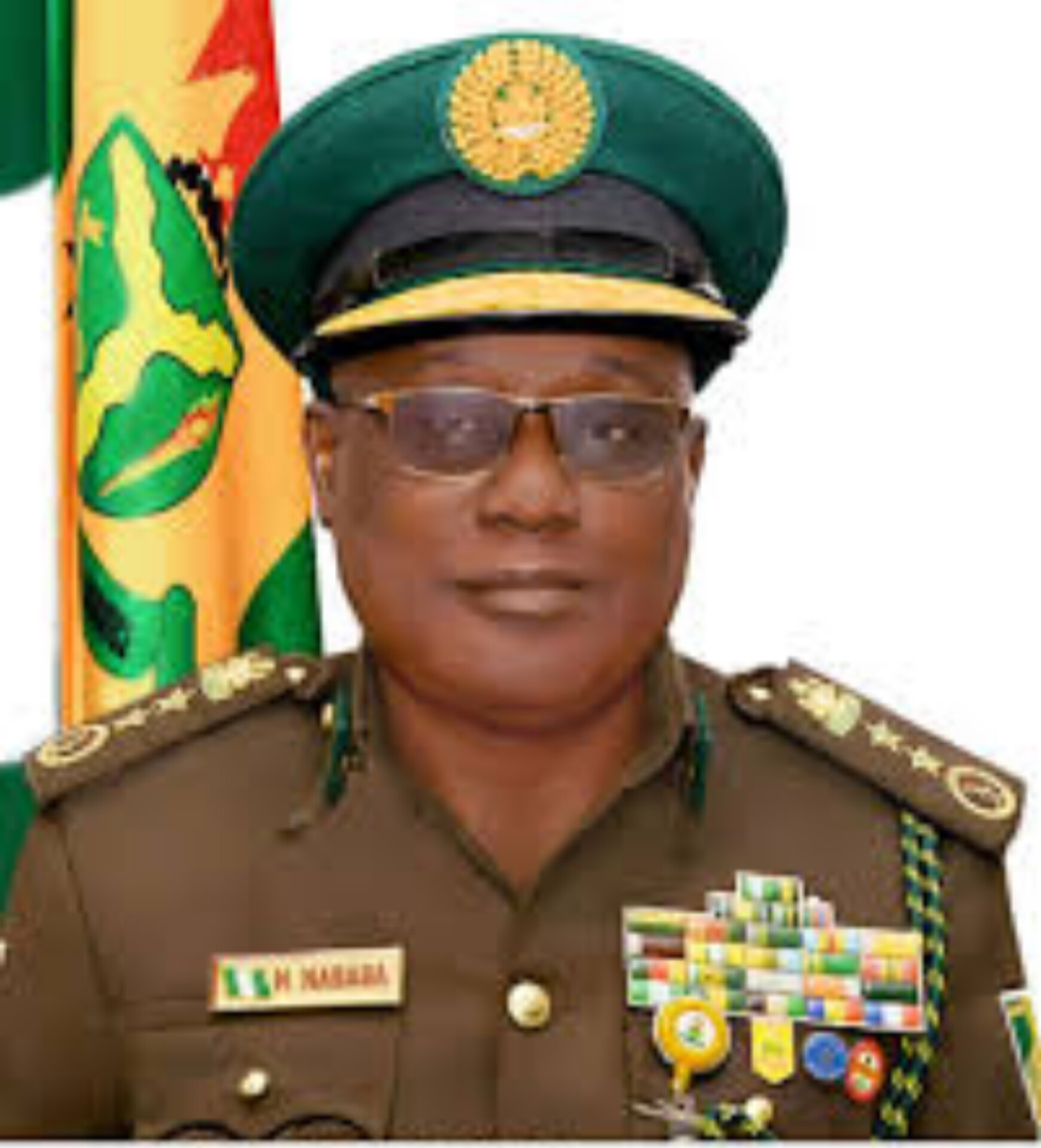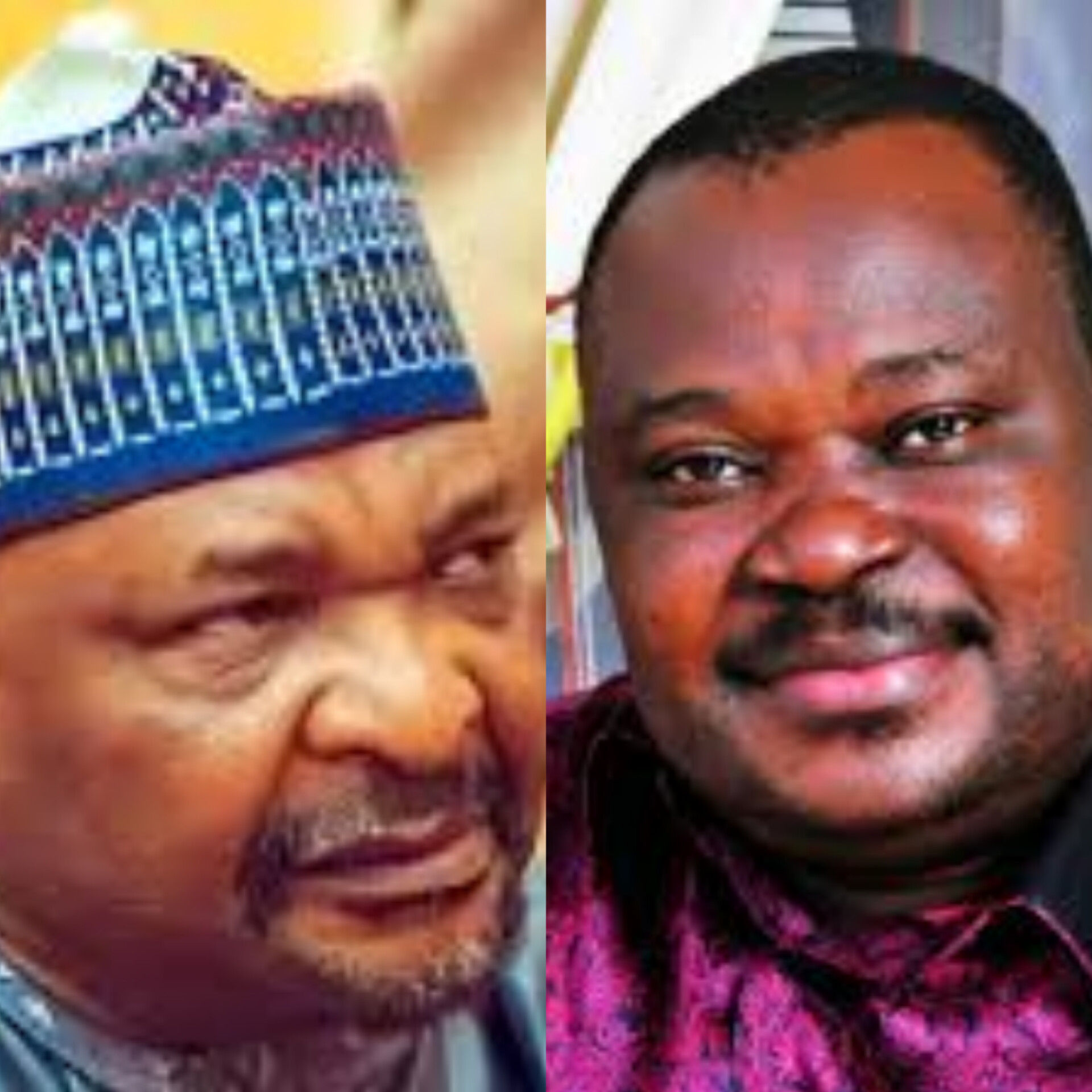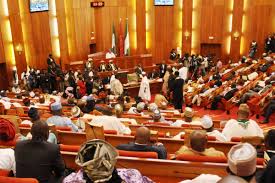The Comptroller-General of the Nigeria Corrections, Mr Haliru Nababa, has disclosed that the Service spends more money to feed dogs than the prison inmates
He made the disclosure indicating that the daily feeding allowance of Nigerian prison inmates is still N750. However, a dog kept by the Nigerian Correctional Service is fed with the sum of N800 daily.
The CG spoke when he led other top officials to defend the service’s 2024 budget estimates before the Senate Joint Committee of the Senate and the House of Representatives on Interior in Abuja on Thursday
The committee, which is chaired by Sen. Adams Oshiomhole (APC, Edo State) had demanded the review of the performance of the 2023 budget of the service.
He said The Nigeria Correctional Service has written the Minister of Interior requesting for the review of the amount we are using to feed the inmates from N750 per day, to N3, 000 per day We are still waiting for approval.
“We are therefore seeking the assistance of the National Assembly to approve the increment.
“We have made provision for the feeding of inmates, dogs, and staff on training in six training institutions across the country. The money is grossly inadequate
Responding to questions from the senators, the CG said there were a total of 81, 358 prison inmates in the country, out of which 53,668 were awaiting trial.
According to him, each prisoner has a budget of N250 per meal, making it N750 when fed three times in a day.
This puts the daily feeding budget of the 81, 358 inmates at N61,018,500.
On the other hand, the service spends N800 to feed one dog per day and keeps over 900 dogs in custodial centers across the country. The daily budget for feeding 900 dogs is around N720,000.
Probing into the submissions, senators wondered how a human being in today’s Nigeria would survive on N750 per day.
Leading the questioning, Oshiomhole asked for a breakdown of the ingredients for the N750 food served to the inmates.
He said, “These inmates are presumed innocent until they are convicted. Educate me on how you use this amount to feed a prisoner. It’s not possible to say you feed prisoners with this amount of N750 a day.
“Our impression is that these people are not being fed per day. It’s not due to any fault of yours; but you can’t give what you don’t have.”
He noted that one vital information the committee had deduced from the submissions so far was that “an unconvicted Nigerian is fed with N750 per day, while a dog is fed with N800 per day.”
Oshiomhole added, “So a dog is better fed in a Nigerian prison than an innocent Nigerian who has not been convicted…They are just suspects. It hurts if this is the way they are treated. We must be seen to care for Nigerians, including those who are criminals or awaiting trial.”
When asked what amount of money he considered adequate to feed a prisoner per day, the CG said “N3,000.”
He told the committee that a recommendation on the N3,000 had been made to the Ministry of Interior but was still awaiting the approval of the ministry.
‘Dogs feed better than inmates at Nigeria correctional centers’




